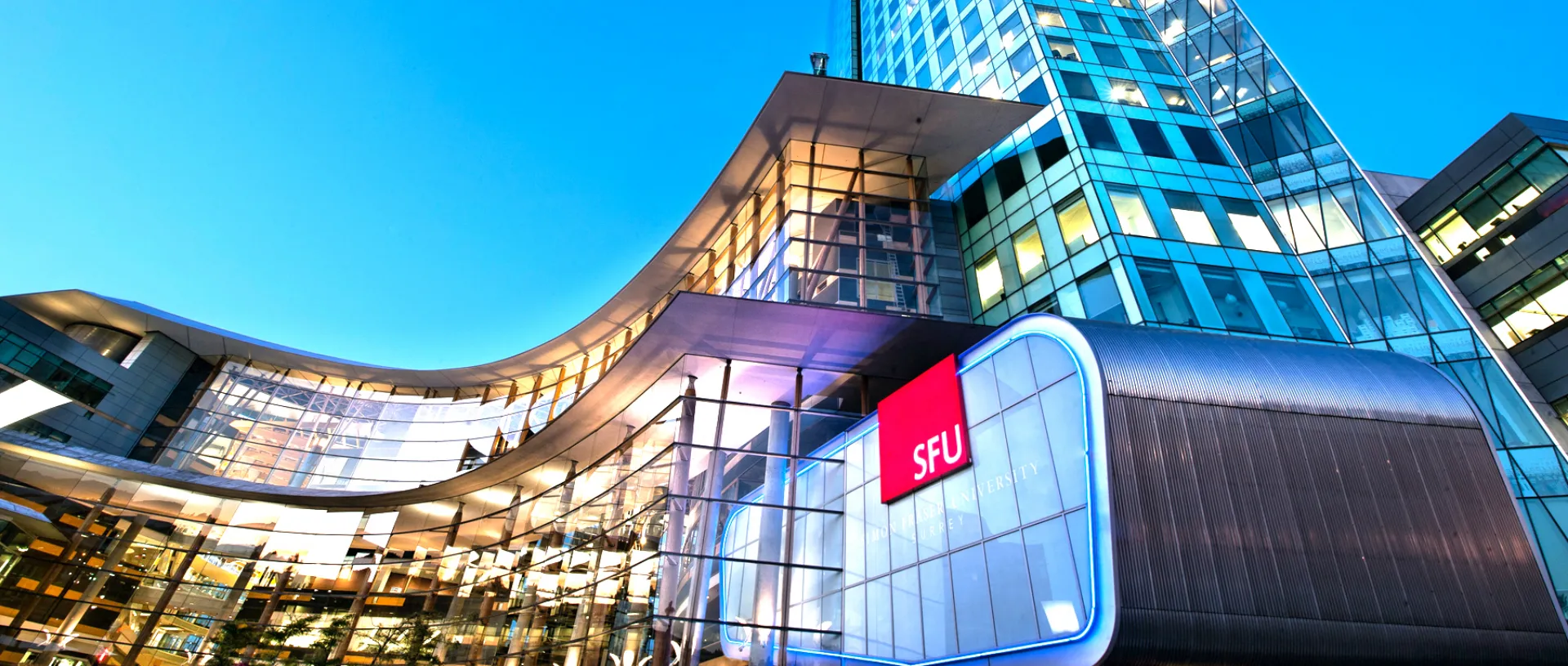We need creative incentives that help keep those new doctors here in Surrey, where they are urgently needed: Councillor Linda Annis
Surrey, B.C. (October 14, 2025): Surrey First Councillor Linda Annis says if she becomes the city’s next mayor, she will look at incentives that help keep SFU medical school graduates in Surrey once they complete their training. Annis said she wants to look at “out-of-the-box” incentives that encourage graduates to set up practice in Surrey, which is about to become British Columbia’s biggest city, and the province’s first city with one million residents.
“The SFU medical school in Surrey is set to begin next year with 48 students in its first class, growing to 120 over the coming years,” said Annis. “More than 100,000 people in Surrey do not have a family doctor, so I want to look at what sort of incentives the city might provide that encourage those brand new doctors to practice where they graduated, right here in Surrey.”
Annis, who is running for mayor in the 2026 municipal election, said she would look at foregoing residential property taxes for up to five years if a new SFU doctor bought a home and practiced in Surrey. Another option is no property taxes for five years if a graduate decides to open a clinic in Surrey within five years of graduating from SFU.
“And if an existing Surrey clinic decides to expand by hiring SFU medical school graduates, we could reduce the clinic’s property taxes for five years by 10 per cent for every grad they hire and keep in Surrey,” noted Annis. “The simple fact is, we need to be creative if we are going to solve the doctor shortage in our community. Anything less will not work, and everything I’m suggesting can be done by existing city staff, and mayor and council, with no need for the $400,000 health care administrator proposed by Brenda Locke. The emphasis needs to be on action, not growing another costly bureaucracy within city hall.”
Annis said she does not support hiring a costly health care administrator for the city, something she says will cost some $400,000 annually, when salaries, benefits, assistants, and offices are added in. “This new position has growing costs and scope creep written all over it, and it will do nothing for health care that 10 MLAs and our mayor and council couldn’t do if we worked together, flexed our political muscle in Victoria, and respected taxpayers. In 2023, Vancouver Coastal Health got $3033 per resident while Fraser Health, including Surrey, got just $2229 per person. Getting our fair share has to be a priority.
“We do not need an expensive City of Surrey health care bureaucrat talking to expensive Fraser Health bureaucrats. Instead, we need to put our 10 Surrey MLAs to work for us in Victoria, and our mayor and council need to step up and build a better working relationship with the provincial government. The fact is, health care decisions are political decisions, not bureaucratic ones, that’s where we need to put our efforts as a city council, because that’s where we will get real results. I look at the health care administrator and all I see are endless reports, countless meetings, growing costs, and no results.”
Annis said Surrey’s doctor shortage could be dramatically reduced by the new medical school, but only if city council finds ways to keep a large number of its graduates here in our community. Annis added that foregoing a few years of property taxes to secure more doctors is a practical and worthwhile investment.
“Every SFU medical school graduate is going to be in high demand around British Columbia and across Canada,” explained Annis. “It would be a missed opportunity to watch these new doctors graduate from medical school right here in Surrey, only to have them leave our community to work somewhere else. With the right incentives, I know we can keep a lot of them in Surrey.”
Annis said the SFU medical school is going to be turning out new physicians “here in our own backyard,” and the city should build on that opportunity.
“These are just some of the incentives I think we should consider, and I know a conversation with our local doctors, the medical school, and the students will provide even more ideas that will be worth considering,” added Annis. “The SFU medical school program is three years long, so we have some time to get a plan in place and make sure any incentives will work. But we need to have those serious conversations right now, so that we can ensure our medical school graduates know they have a home and career right here in Surrey.”

